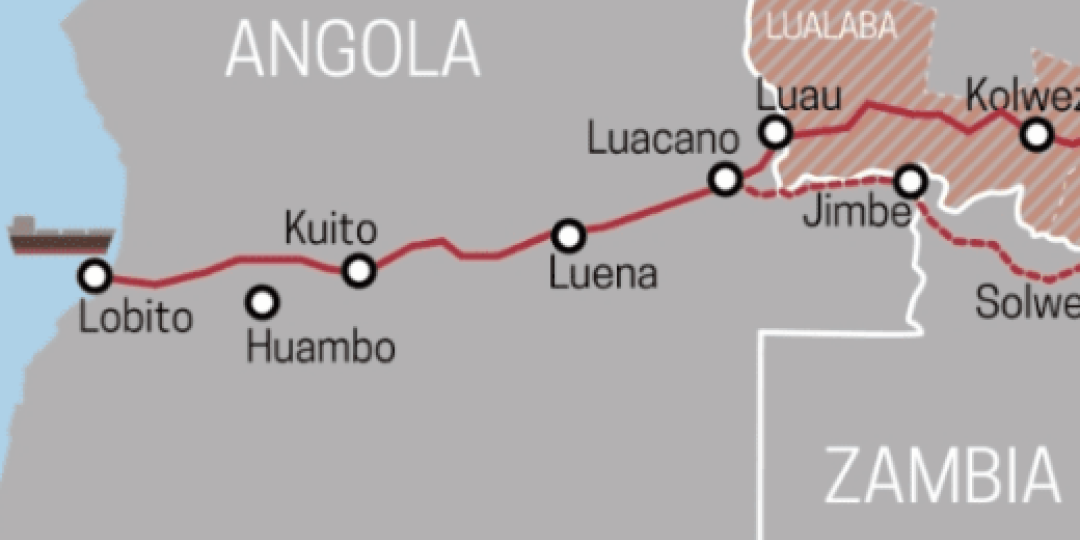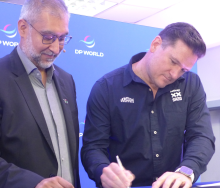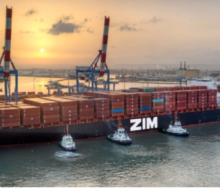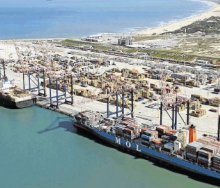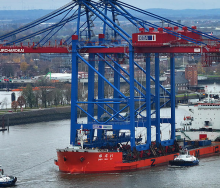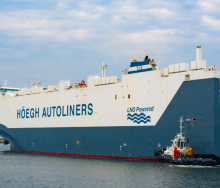Angola has emerged as one of the big winners from last week’s US-Africa Business Summit held in Dallas, Texas, where it was announced that Africa Finance Corporation will invest €381.5 million in upgrading the country’s road network.
The Nigeria-based investment bank will make available €85 million of the total capital expenditure (capex), while it is understood that the Export-Import Bank of the US and the US Private Export Funding Corporation have committed to the lion’s share of the rest.
Standard Chartered Bank, Portuguese civil engineering firm Conduril and US bridge construction company, Acrow, are the remaining capex partners.
Upgrading of Angola’s dilapidated road network is said to be concentrated around the Lobito Corridor connecting Angola’s port on the Benguela coast with the Copperbelt in Zambia and the Democratic Republic of the Congo (DRC).
A total of 186 bridges, many of which are either non-existent or in a bad state of disrepair, will form part of the extensive project.
The announcement represents one of the most serious statements of intent by the US’s growing interest in accessing copper mining areas around Solwezi and Kolwezi through the shortest hinterland link in the region – the Lobito Corridor.
Lobito’s location north of Walvis Bay in Namibia, also offers US manufacturers the best possible port access for mineral exports from Zambia and the DRC.
This morning it is reported that the upgrading work “has a clear focus on enhancing accessibility in remote regions (of Angola), bolstering industrial and commercial operations”.
“This initiative aims to drive economic growth by cutting transport expenses, shortening travel durations, and alleviating poverty through employment generation.
“By enhancing road connectivity, especially within the agricultural sector, the project facilitates the production and distribution of essential cereals for both human consumption and animal feed.
“Additionally, it supports livestock activities, offering a robust solution to the rising demand for food imports and promoting the localization of food supply chains.”
As is the case with many African countries, Angola encounters significant challenges in road safety, infrastructure development, and road maintenance, all of which are vital for economic growth and social well-being.
The country's road safety profile reveals a need for improved management, infrastructure, and speed management to reduce fatalities and serious injuries.
Angola has a lead agency, the National Council of Road Traffic Planning, but lacks sufficient funding for its road safety strategy.
The country's road safety data indicates a high number of fatalities and injuries, with a substantial economic impact. To address these challenges, sustainable funding mechanisms, empowered lead?? road safety agencies, clear national road safety strategies, and enhanced road safety data management are essential.
Additionally, the implementation of legal instruments at regional and global levels, such as the African Road Safety Charter, is crucial for improving road safety across Africa.
In April the Southern African Development Community, in conjunction with the International Road Assessment Programme, identified Angola as one of 11 African countries requiring road network upgrades to promote sustainable and equitable economic growth and socio-economic development.
According to Sanjeev Gupta, AFC board member and Head of Financial Services, the investment in Angola’s road network means more than just civil engineering upgrades.
“This landmark project is set to transform the country’s road transportation infrastructure as Angola makes strides to diversify its economy away from oil,” he said.
